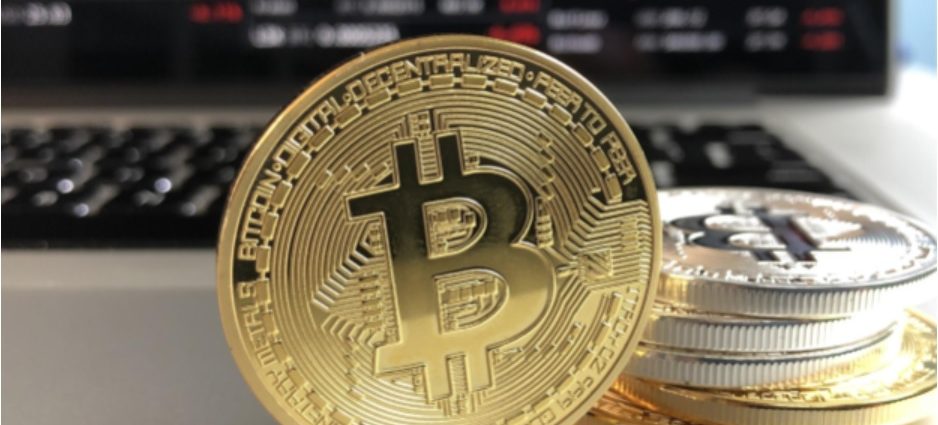News reaching Ethereum World News indicate that global Investment banking giant, Goldman Sachs will start trading Bitcoin (BTC) futures. The investment firm will use its own money to trade the futures on behalf of its clients.
With most banks trying to distance themselves from cryptocurrencies, Goldman Sachs is taking the calculated risk of getting into the cryptucurrency industry. The firm plans to set up what has been seen as the first Bitcoin trading operation at a Wall Street bank.
This move by Goldman Sachs is what the crypto-verse has been looking for. When a big bank starts investing in Bitcoin, this means that cryptocurrencies have found some legitimacy with this announcement. This means that it is only a matter of time before other big investment banks and governments start embracing blockchain technology and cryptocurrencies.
A team at Goldman Sachs is looking at seeing if they can get regulatory approval and figure out how to deal with the additional risks associated with holding BTC and any cryptocurrency.
Rana Yared, a Goldman Sachs executive had this to say about the move:
“I would not describe myself as a true believer who wakes up thinking Bitcoin will take over the world. For almost every person involved, there has been personal skepticism brought to the table.”
This skepticism is normal for anyone who has been used to the traditional investing of stocks, bonds and real estate. The thought of encrypted digital cash on the blockchain being ‘peddled’ as currency is hard to embrace. We are so used of seeing the money in our hands or paper certificates of stocks and bonds.
The exact date of the offering of Bitcoin futures by Goldman Sachs has not yet been announced but the simple announcement is positive news and brings hope to a future where cryptocurrencies will be embraced and adopted 100% by individuals and financial institutions.
Other financial institutions offering Bitcoin futures are Cboe and CME group.
Traditional futures are defined as financial contracts obligating the buyer to purchase an asset or the seller to sell an asset, such as a physical commodity or a financial instrument, at a predetermined future date and price. Futures contracts detail the quality and quantity of the underlying asset; they are standardized to facilitate trading on a futures exchange. Some futures contracts may call for physical delivery of the asset, while others are settled in cash.

